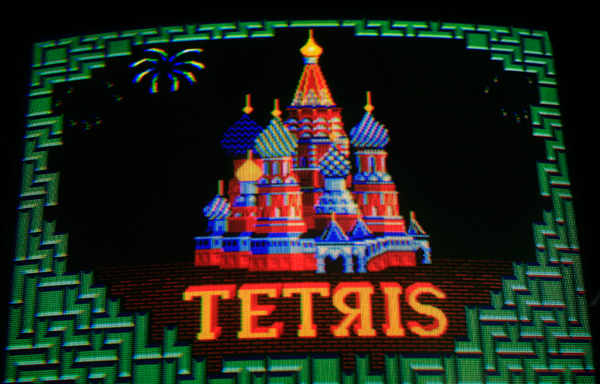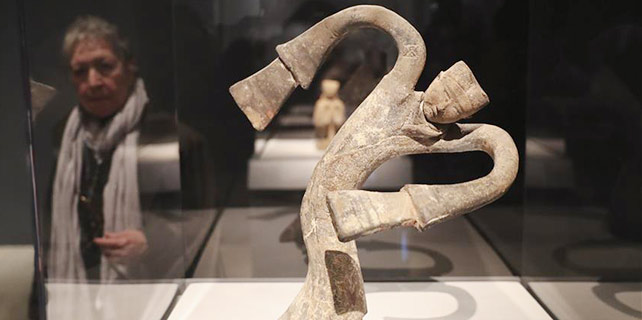Playing with blocks could block bad memories
Tetris – the simple yet addictive computer game of falling blocks – could be the key to helping patients with post-traumatic stress disorder, according to a top psychologist.
|
 |
|
The image shows the puzzle video game Tetris at Barcade in the Brooklyn section of New York. [Photo/Agencies] |
Professor Emily Holmes, an expert in psychology at the University of Karolinska, in Stockholm, Sweden, and a visiting professor in clinical psychology at the University of Oxford told the BBC she has spent years looking into the game’s possible medical applications.
She discovered that the colors, shapes, and movements of Tetris tap into visual memory in a unique way.
Tetris was created in June 1984 by Alexey Pajitnov, an artificial intelligence researcher working for the Soviet Academy of Sciences at their Computer Center in Moscow.
The game is a relatively simple one to play. The aim is to line up descending blocks so they fit together without gaps in horizontal rows. When a perfect line is achieved, it will vanish, making room for more play and scoring more points.
Holmes said it is this simplicity that makes the game a potentially powerful therapeutic tool.
She said: "We wanted to have a task that really tapped into visual memory. With Tetris, it is the colors, shapes and movements that are absorbing. Other games we looked at in the lab, such as pub-quiz games or counting tasks, did not work. So,¬ we think it needs to be visual."
Holmes has published a study that shows Tetris therapy may lessen the psychological effect of trauma.
Her team at the University of Oxford gave "Tetris therapy" to patients in hospital accident and emergency departments who had been admitted in a state of shock following road traffic accidents.
The patients were asked to visualize the crash they were involved in and then begin playing Tetris.
The team found that it took only 20 minutes of Tetris gameplay to distract the patients and prevent disturbing memories of the accident being formed.
Holmes said: "If you engage in very visually demanding tasks soon after a trauma, this can help block or disrupt the memory being stored in an overly vivid way."
The research team also said it suspected that similar games that require visual attention, such as Candy Crush Saga, or even activities such as drawing, could have similar effects.






















